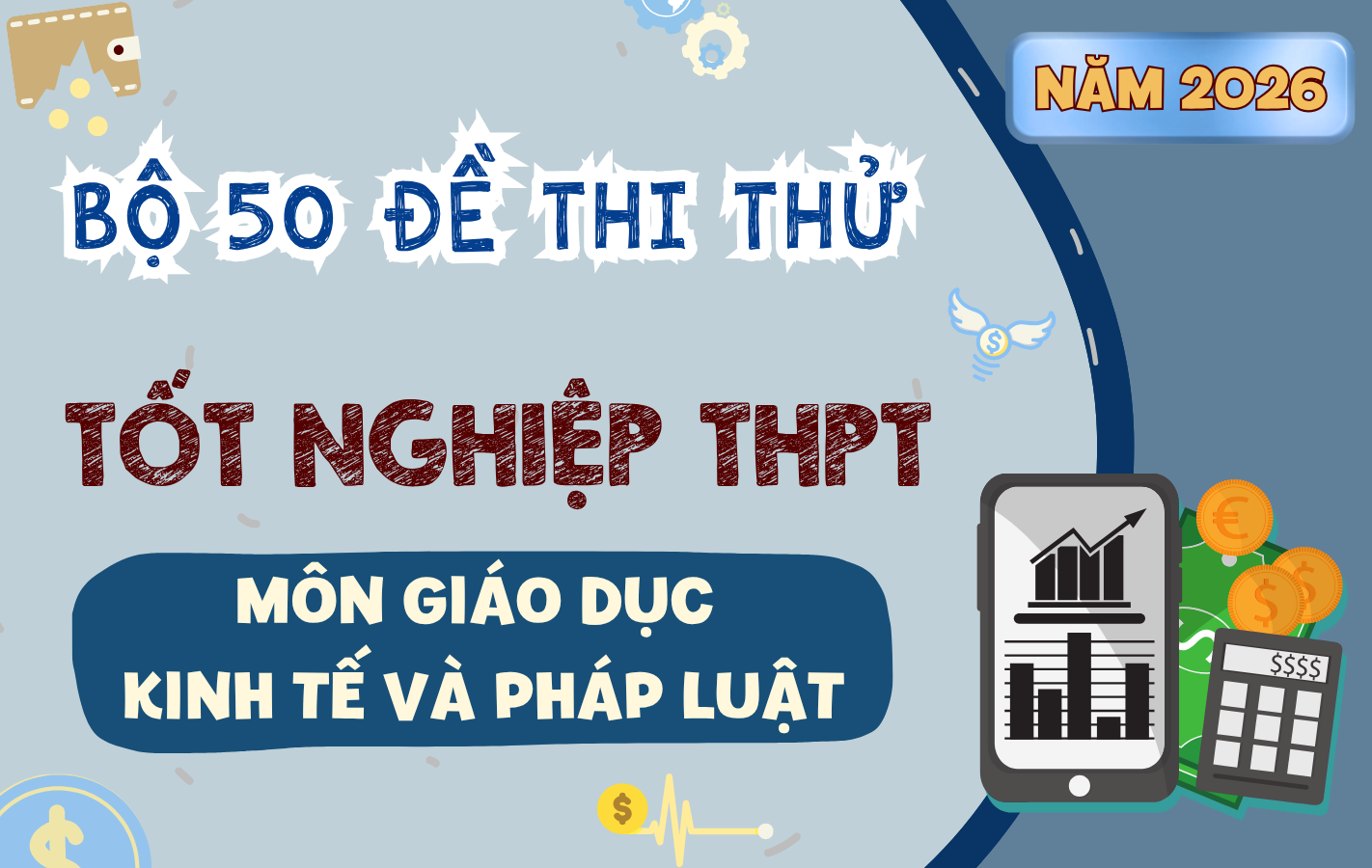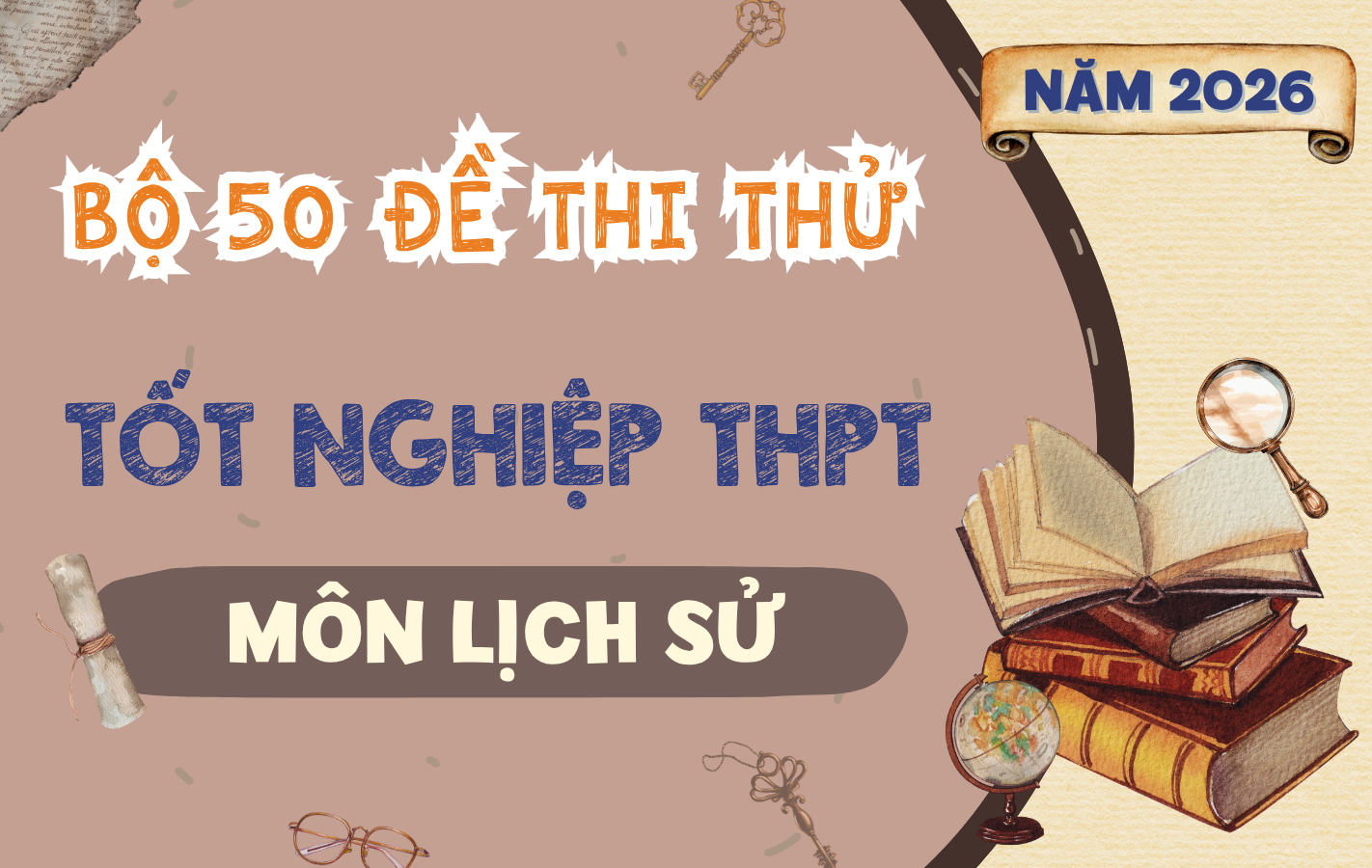Câu hỏi:
Read the following passage about Preserving Today's Soundscapes for Future Generations and mark the letter A, B, C or D on your answer sheet to indicate the best answer to each of the following questions from 23 to 30.
Sonic time capsules save today's sounds for future people. Scientists capture everyday sounds like streets, birds, and children playing in parks around the world. These recordings help us remember our world before changes. Cities are losing unique sounds as life becomes similar everywhere. Old machines, music, and natural sounds might disappear if not saved. Many important cultural sounds are already lost forever because nobody thought to record them when they still existed.
Sound collectors use microphones to record in different places. They visit forests, oceans, cities, and villages to capture soundscapes throughout different seasons and times of day. They store sounds in digital libraries for years. Museums have rooms for listening to past sounds. These experiences help people understand history in ways books cannot. Some researchers travel to remote locations to record indigenous languages and traditional ceremonies before they vanish from our collective memory.
Climate change is changing world sounds. Melting glaciers, endangered animals, and disappearing languages need saving before they're gone. Researchers believe future people will want to know how our world sounded. These capsules will be important records, like photographs. Scientists study how sounds affect human health. The sounds of nature can reduce stress and improve mental health, which makes preserving natural soundscapes even more important for future generations who may live in highly urbanized environments.
Community projects invite people to record daily sounds. Children learn to listen carefully to the world around them and identify sounds that matter to their community. Old people share recordings from their childhood. People feel emotions when listening to these collections. Artists create music using everyday recordings. These projects help communities protect special sounds for the future. Some cities now have sound preservation policies that protect unique acoustic environments just as they would protect historic buildings or natural landscapes from development.
The word “disappear” in paragraph 1 is OPPOSITE in meaning to _________.
Đáp án đúng: B
Giải Thích: Từ “disappear” ở đoạn 1 trái nghĩa với _________.
A. vanish: "Vanish" có nghĩa là biến mất, rất gần với "disappear", do đó không phải là đáp án đúng. "Disappear" và "vanish" gần như đồng nghĩa.
B. emerge: "Emerge" có nghĩa là xuất hiện, điều này hoàn toàn đối lập với "disappear" (biến mất). Vì vậy, đáp án B là đúng. Đây là từ đối nghĩa với "disappear".
C. fade: "Fade" có nghĩa là phai mờ, giảm dần, không hoàn toàn trái ngược với "disappear", vì một cái có thể giảm dần cho đến khi biến mất. Tuy nhiên, không hoàn toàn là đối nghĩa rõ ràng với "disappear". Do đó, C không phải là đáp án đúng.
D. dissolve: "Dissolve" có nghĩa là tan ra hoặc hòa tan, điều này không phải là đối nghĩa với "disappear", mặc dù chúng có thể có sự tương đồng trong một số trường hợp, nhưng không đủ mạnh để là đối nghĩa rõ ràng.
Câu hỏi này thuộc đề thi trắc nghiệm dưới đây, bấm vào Bắt đầu thi để làm toàn bài
Bộ đề thi giúp học sinh lớp 12 làm quen với cấu trúc và nội dung đề thi tốt nghiệp THPT môn Tiếng Anh năm 2025. Đề thi được xây dựng theo định hướng của Bộ GD ĐT, bao gồm các phần Ngữ âm, Từ vựng - Ngữ pháp, Chức năng giao tiếp, Kỹ năng đọc hiểu, Kỹ năng viết và Phát âm - Trọng âm. Hệ thống câu hỏi đa dạng, bám sát chương trình học, giúp học sinh rèn luyện kỹ năng làm bài và nâng cao tư duy ngôn ngữ. Đáp án chi tiết đi kèm hỗ trợ học sinh tự ôn tập, đánh giá năng lực và chuẩn bị tốt nhất cho kỳ thi quan trọng.
Câu hỏi liên quan
Giải Thích: Từ “they” ở đoạn 2 ám chỉ _________.
B. Indigenous languages and traditional ceremonies: Đúng, từ "they" ở đây ám chỉ các ngôn ngữ bản địa và nghi lễ truyền thống, vì câu trước đó nói về các nhà nghiên cứu đang ghi âm các ngôn ngữ và nghi lễ này trước khi chúng biến mất. Do đó, B là đúng.
Giải Thích: Từ “endangered” ở đoạn 3 có thể được thay thế tốt nhất bằng _________.
A. protected: "Protected" có nghĩa là được bảo vệ, trong khi "endangered" có nghĩa là bị đe dọa hoặc có nguy cơ tuyệt chủng. Đây là hai từ có nghĩa hoàn toàn khác, vì vậy A là sai.
B. extinct: "Extinct" có nghĩa là tuyệt chủng, tuy nhiên "endangered" có nghĩa là bị đe dọa và chưa chắc đã tuyệt chủng. Do đó, B không phải là từ thay thế tốt nhất.
C. common: "Common" có nghĩa là phổ biến, hoàn toàn trái ngược với "endangered", vì vậy C là sai.
D. threatened: "Threatened" có nghĩa là bị đe dọa, là một từ thay thế chính xác cho "endangered", vì chúng có ý nghĩa tương đồng trong ngữ cảnh bảo vệ động vật và ngôn ngữ. Do đó, D là đúng.
Giải Thích: Câu nào sau đây diễn giải lại câu được gạch chân trong đoạn 4 hay nhất?
A. Students develop skills to create new sounds that will become significant to their neighborhood environments.: Đây không phải là ý chính của câu. Câu gốc nói về việc trẻ em học cách lắng nghe và nhận diện âm thanh quan trọng trong cộng đồng, không phải là tạo ra âm thanh mới. Vì vậy, A là sai.
B. Young people are taught to recognize and select important local sounds through attentive listening practices.: Đúng, đây là ý chính của câu. Trẻ em được dạy cách lắng nghe và nhận diện các âm thanh quan trọng trong cộng đồng qua sự chú ý và lắng nghe cẩn thận. Vì vậy, B là đáp án đúng.
C. Children are instructed to record all sounds they hear without considering their cultural significance.: Điều này không đúng với câu gốc, vì câu gốc nhấn mạnh việc nhận diện các âm thanh quan trọng trong cộng đồng, chứ không phải ghi lại tất cả các âm thanh mà không có sự phân biệt. Vì vậy, C là sai.
D. Young listeners are trained to reject modern sounds while focusing only on traditional acoustic elements.: Câu này không phản ánh đúng nội dung của đoạn văn, vì bài viết không nói về việc từ chối âm thanh hiện đại mà chỉ là nhận diện âm thanh quan trọng từ cộng đồng. Vì vậy, D là sai.
Giải Thích: Điều nào sau đây là ĐÚNG theo đoạn văn?
A. Museums create special rooms where visitors can experience sounds from different times and places.: Đúng, bài viết nói rằng các bảo tàng có các phòng đặc biệt để khách tham quan có thể nghe lại các âm thanh từ quá khứ. Đây là một phần quan trọng trong việc lưu giữ các âm thanh của quá khứ, giúp người ta hiểu lịch sử theo cách mà sách vở không thể làm được. Vì vậy, A là đúng.
B. Sound preservation policies are now common in most cities around the world to protect acoustic environments.: Bài viết chỉ đề cập đến một số thành phố có chính sách bảo tồn âm thanh, nhưng không nói rằng điều này là phổ biến ở hầu hết các thành phố trên toàn thế giới. Vì vậy, B là sai.
C. Natural sounds have been proven to reduce stress and improve mental health for people in urban settings.: Điều này đúng trong bài viết, vì bài viết nói rằng các âm thanh tự nhiên có thể giúp giảm căng thẳng và cải thiện sức khỏe tinh thần, đặc biệt là đối với những người sống trong môi trường đô thị. Tuy nhiên, câu này chỉ là một phần của lý do bảo vệ âm thanh tự nhiên, không phải là một lý do mạnh mẽ để chọn đáp án C là câu trả lời đúng nhất.
D. Indigenous languages are being successfully preserved through global recording initiatives in all regions.: Bài viết không đề cập rằng các ngôn ngữ bản địa đang được bảo tồn thành công ở tất cả các khu vực trên thế giới. Điều này chỉ được đề cập như một vấn đề quan trọng cần bảo tồn, nhưng không phải tất cả các ngôn ngữ bản địa đều đang được bảo vệ. Vì vậy, D là sai.
Giải Thích: Trong đoạn văn nào người viết giải thích cách thu thập và lưu trữ âm thanh?
C. Paragraph 2: Đoạn 2 cung cấp thông tin chi tiết về cách các âm thanh được thu thập và lưu trữ. Bài viết nói rằng các nhà sưu tầm âm thanh sử dụng micro để ghi lại âm thanh ở các địa điểm khác nhau và lưu trữ chúng trong các thư viện kỹ thuật số. Đây là nơi giải thích quá trình thu thập và lưu trữ âm thanh. Vì vậy, C là đúng.

Bộ 50 Đề Thi Thử Tốt Nghiệp THPT Giáo Dục Kinh Tế Và Pháp Luật Năm 2026 – Theo Cấu Trúc Đề Minh Họa Bộ GD&ĐT

Bộ 50 Đề Thi Thử Tốt Nghiệp THPT Lịch Sử Học Năm 2026 – Theo Cấu Trúc Đề Minh Họa Bộ GD&ĐT

Bộ 50 Đề Thi Thử Tốt Nghiệp THPT Công Nghệ Năm 2026 – Theo Cấu Trúc Đề Minh Họa Bộ GD&ĐT

Bộ 50 Đề Thi Thử Tốt Nghiệp THPT Môn Hóa Học Năm 2026 – Theo Cấu Trúc Đề Minh Họa Bộ GD&ĐT

Bộ 50 Đề Thi Thử Tốt Nghiệp THPT Môn Sinh Học Năm 2026 – Theo Cấu Trúc Đề Minh Họa Bộ GD&ĐT

Bộ 50 Đề Thi Thử Tốt Nghiệp THPT Môn Vật Lí Năm 2026 – Theo Cấu Trúc Đề Minh Họa Bộ GD&ĐT
ĐĂNG KÝ GÓI THI VIP
- Truy cập hơn 100K đề thi thử và chính thức các năm
- 2M câu hỏi theo các mức độ: Nhận biết – Thông hiểu – Vận dụng
- Học nhanh với 10K Flashcard Tiếng Anh theo bộ sách và chủ đề
- Đầy đủ: Mầm non – Phổ thông (K12) – Đại học – Người đi làm
- Tải toàn bộ tài liệu trên TaiLieu.VN
- Loại bỏ quảng cáo để tăng khả năng tập trung ôn luyện
- Tặng 15 ngày khi đăng ký gói 3 tháng, 30 ngày với gói 6 tháng và 60 ngày với gói 12 tháng.